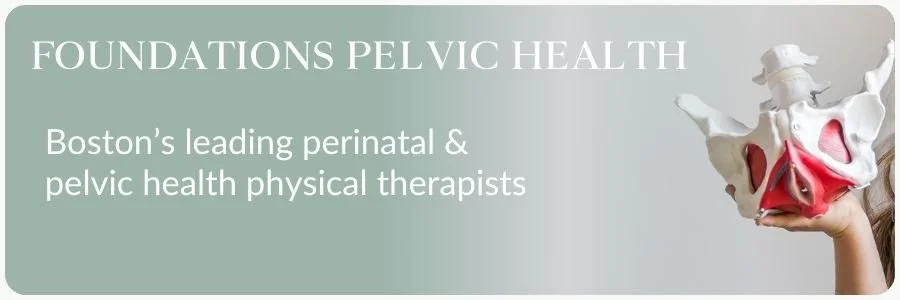Chronic Pelvic Pain: A Silent Struggle for Many Women
Did you know that 1 in 6 women in the U.S. are affected by chronic pelvic pain (CPP), and globally, that number can rise to 1 in 4? It’s more common than many of us realize, and it’s also incredibly complex, often coming with other challenges like gynecological, urological, and gastrointestinal issues.
What is Chronic Pelvic Pain?
Chronic pelvic pain is defined by the American College of Obstetricians and Gynecologists (ACOG) as persistent pain lasting longer than 6 months, located in the pelvic region, abdomen, or lower back, and severe enough to affect daily life. It’s a condition that disproportionately affects women—about 17% of us will experience it, and the numbers are even higher among women of reproductive age, especially in Black women.
Common Conditions Associated with CPP
Common culprits of chronic pelvic are conditions such as:
fibroids
IBS
painful bladder syndrome
pelvic inflammatory disease
Nearly 70% of women with endometriosis experience CPP, along with a significant number of those with fibroids and bladder pain.
The Emotional Impact: More Than Just Physical Pain
Chronic pelvic pain doesn’t just affect your body—it can take a serious emotional toll too. About 63% of women with CPP also struggle with depression, and 66% experience anxiety, numbers that are well above the general population. It’s essential to recognize the emotional and mental health challenges that come with chronic pain, and to know that you’re not alone in feeling this way.
The Financial Burden of CPP
The financial impact of CPP is significant, with costs averaging around $29,000 per patient for all treatments related to chronic pelvic pain. It also contributes to a high number of surgeries performed each year, such as laparoscopies and hysterectomies, further adding to the challenges faced by those with CPP.
A Positive Outlook: Pelvic Floor Physical Therapy Can Help With Pelvic Pain
On a positive note, pelvic floor physical therapy can help! Techniques like manual therapy, mobility exercises, and strengthening have been shown to help reduce pain and improve function. Many women are experiencing relief and reclaiming their quality of life with the help of pelvic floor therapists.
As you see above, pelvic pain can affect each person differently and living with chronic pelvic pain can be challenging. Your pelvic floor physical therapist at Foundations Pelvic Health will be able to help you get back to everything you love to do without pain.
Sources:
https://emedicine.medscape.com/article/258334-overview#a6?form=fpf

